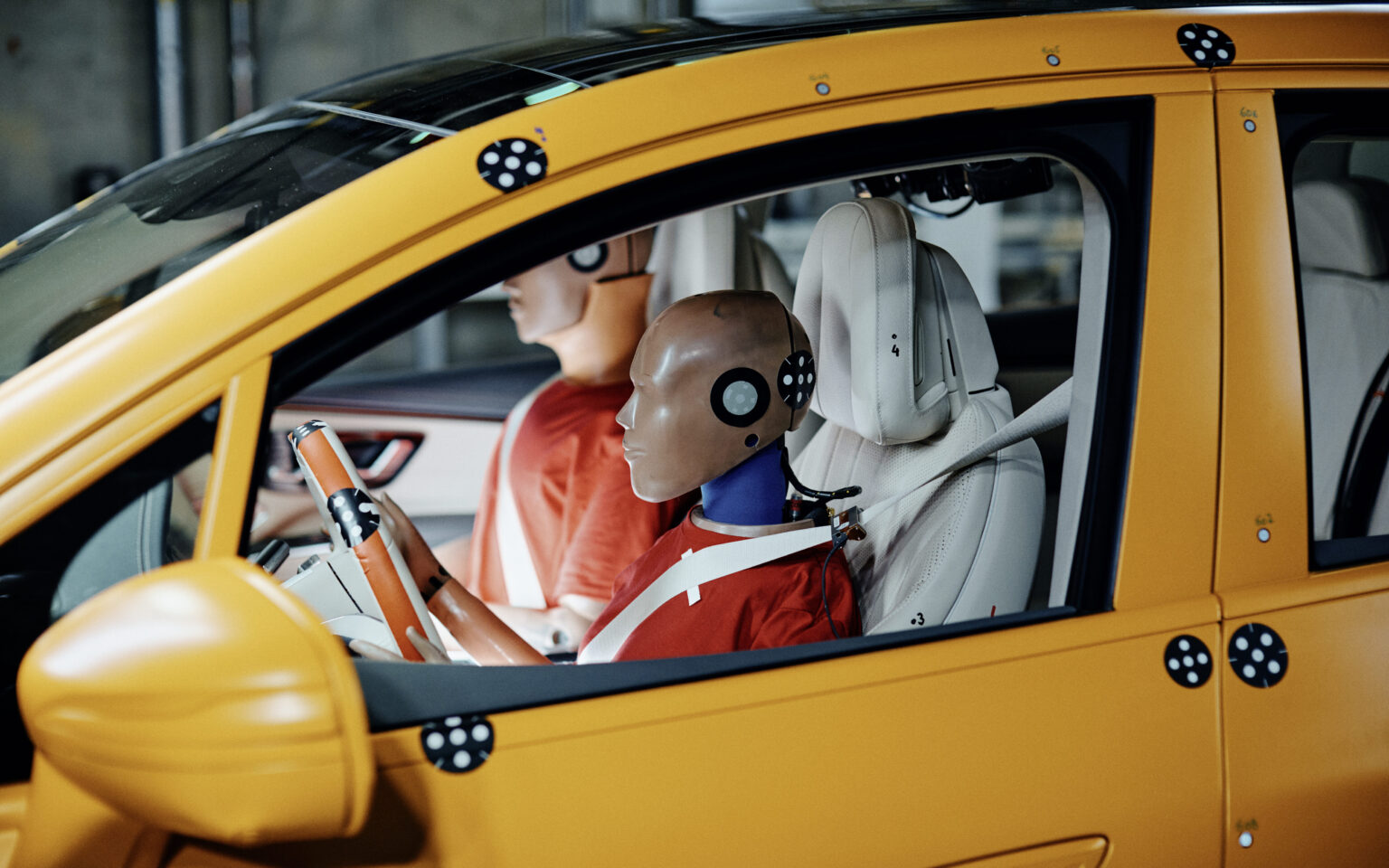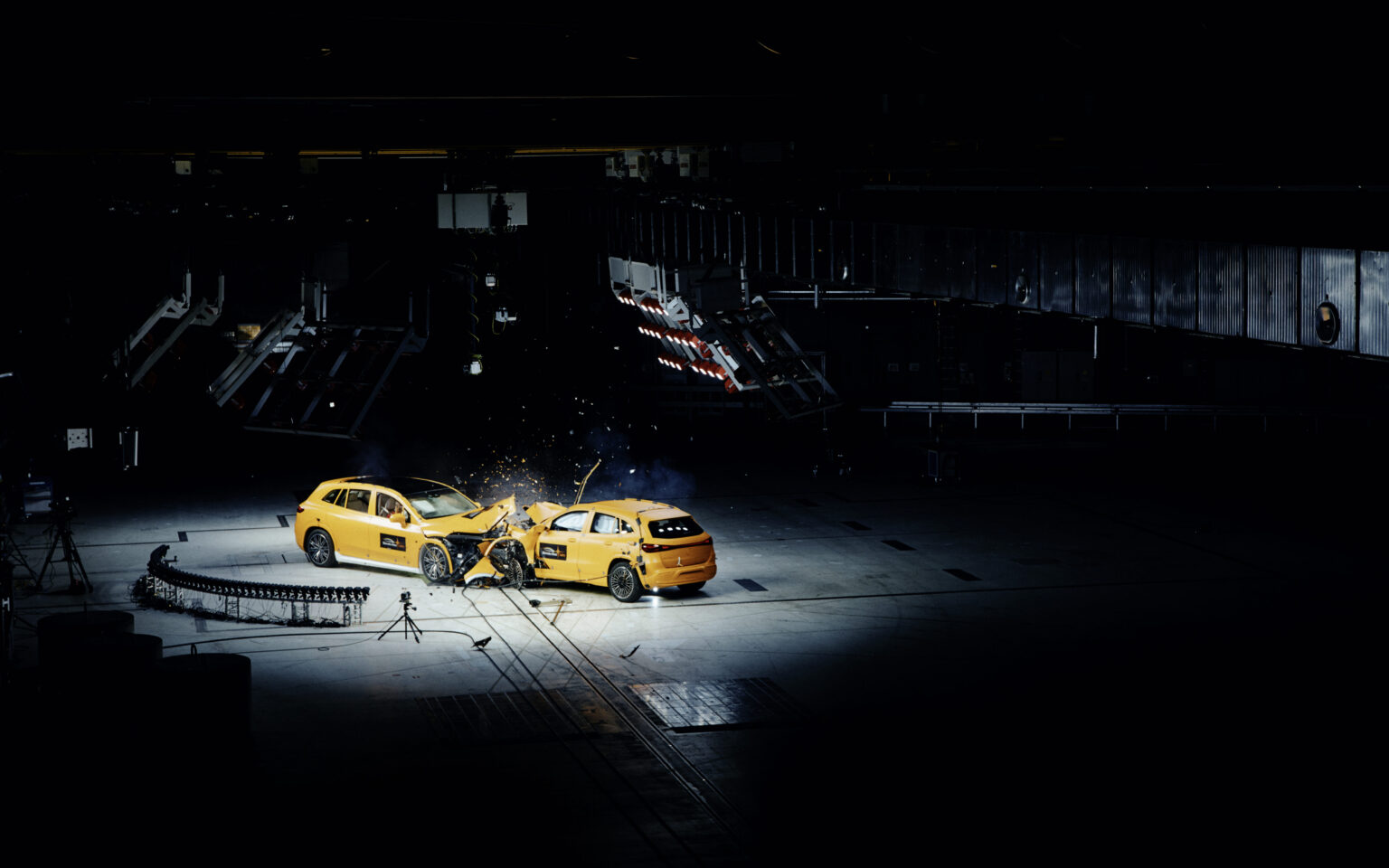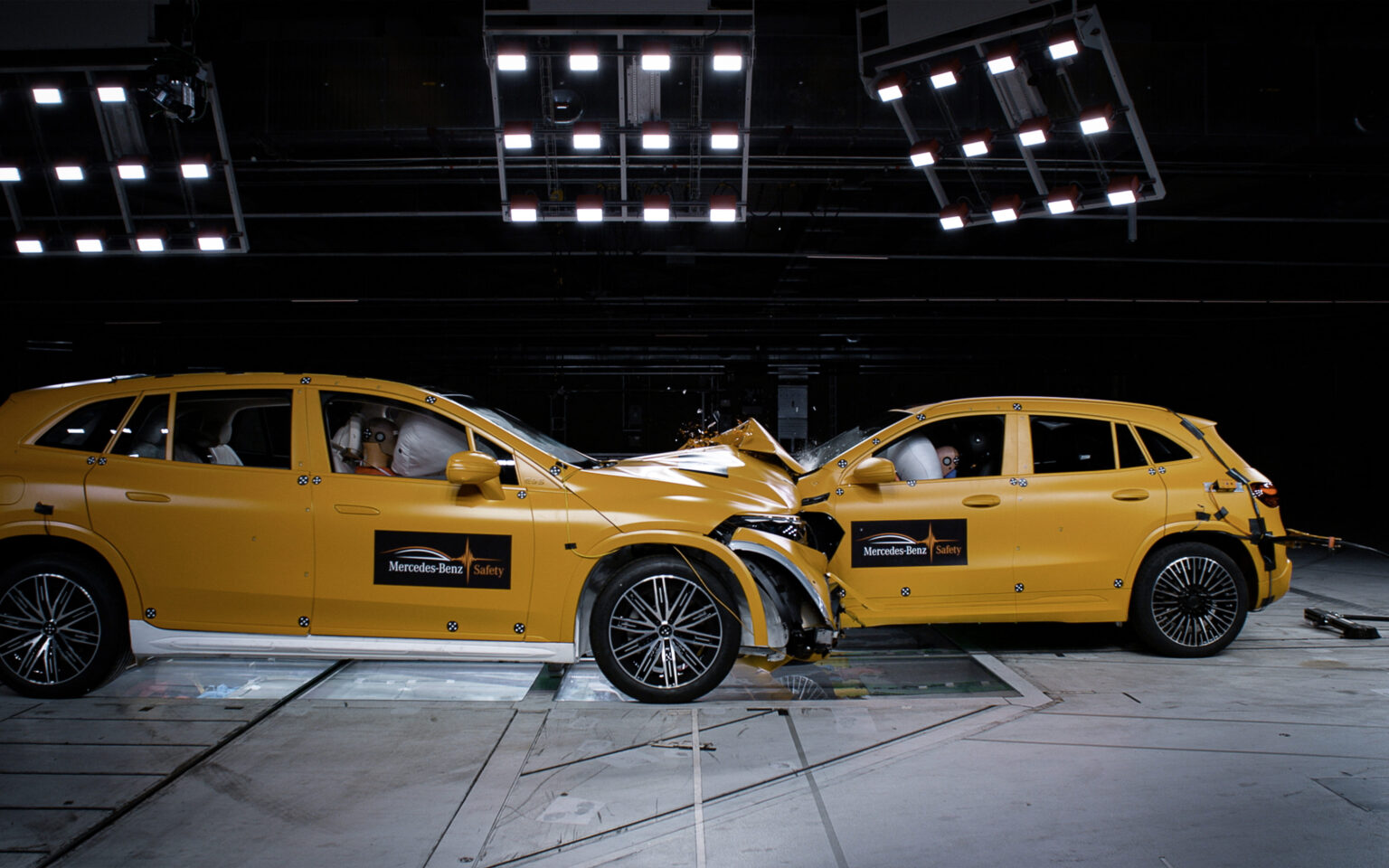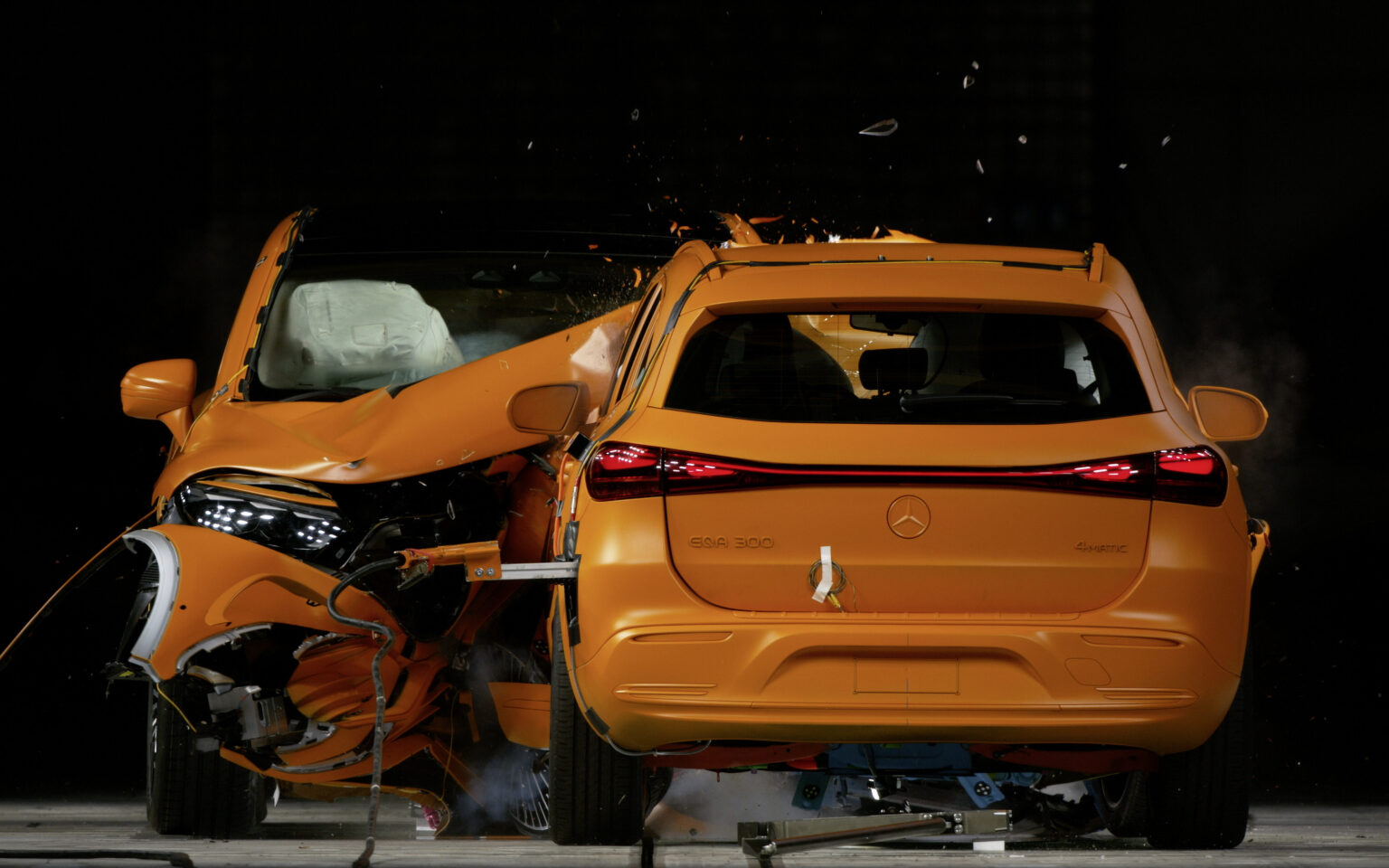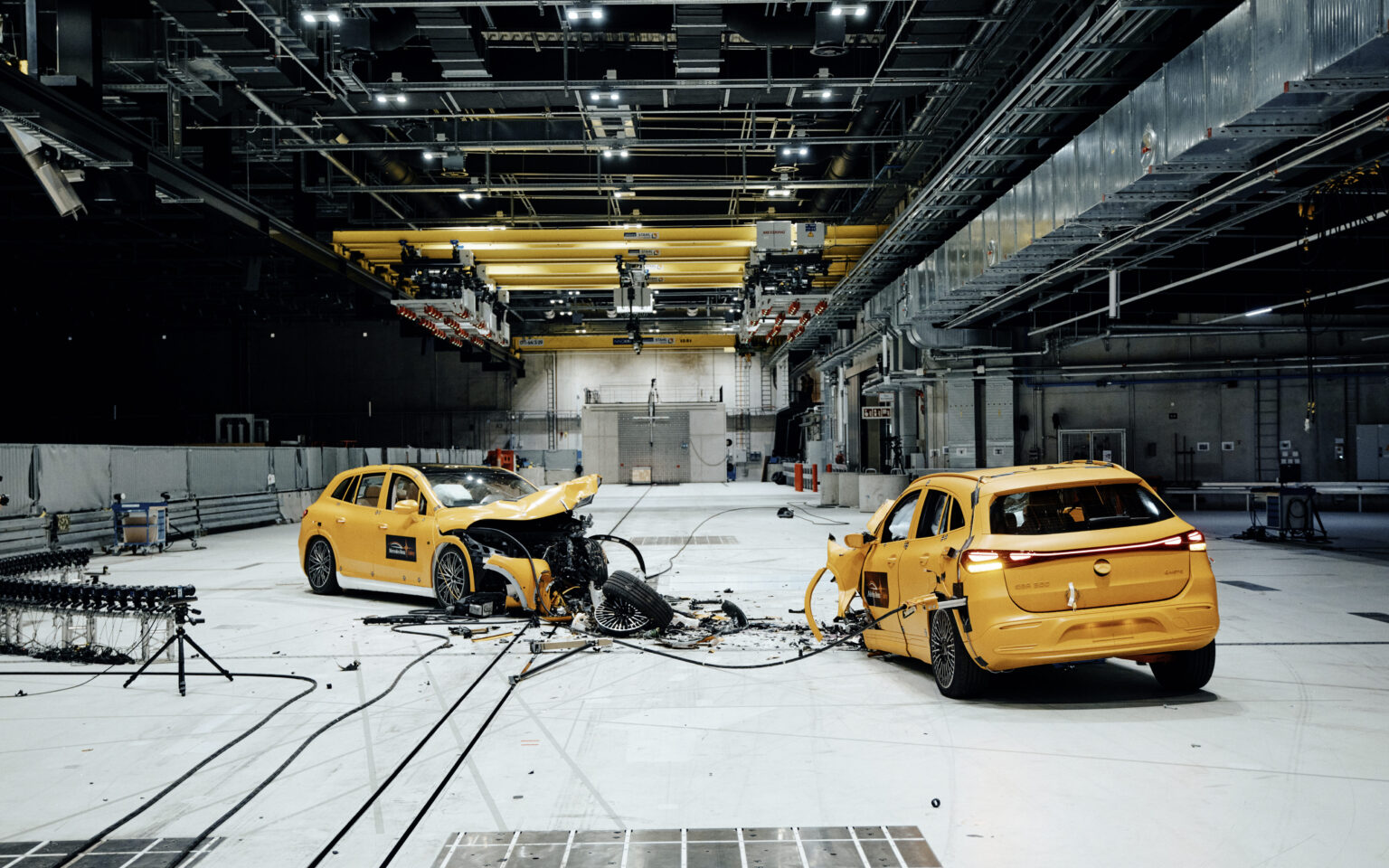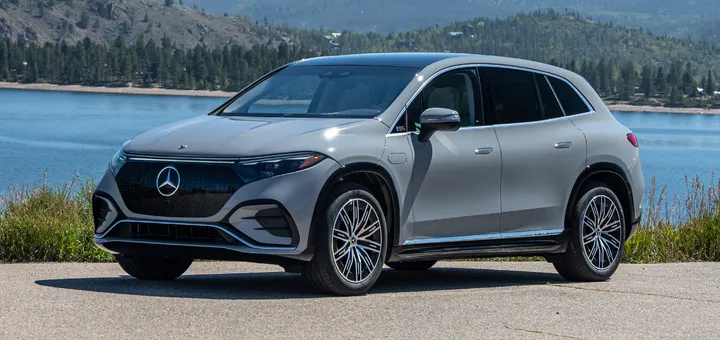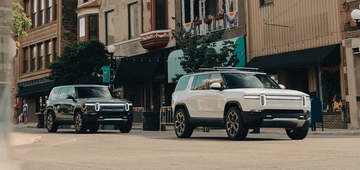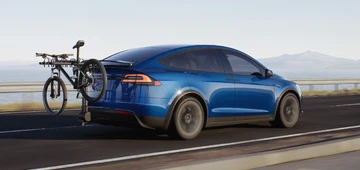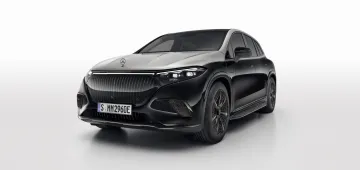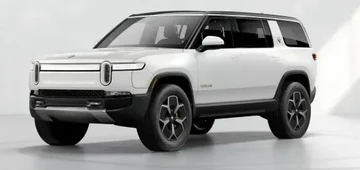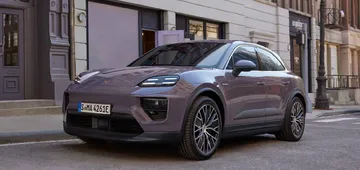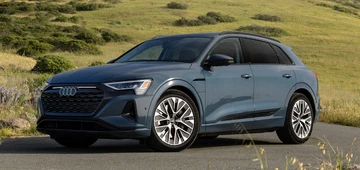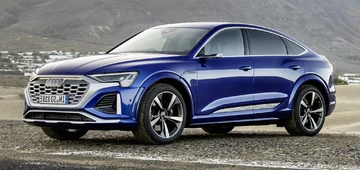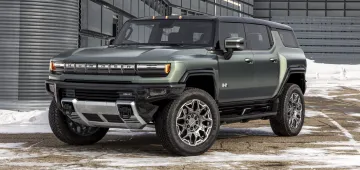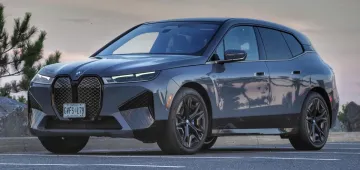Mercedes-Benz Takes a Big Leap in EV Safety with Real-Life Crash Test
In the ever-growing electric vehicle (EV) sector, Mercedes-Benz has solidified its commitment to ensuring road safety. In what the automaker claims to be the world's first crash test involving two pure EVs, results are promising.
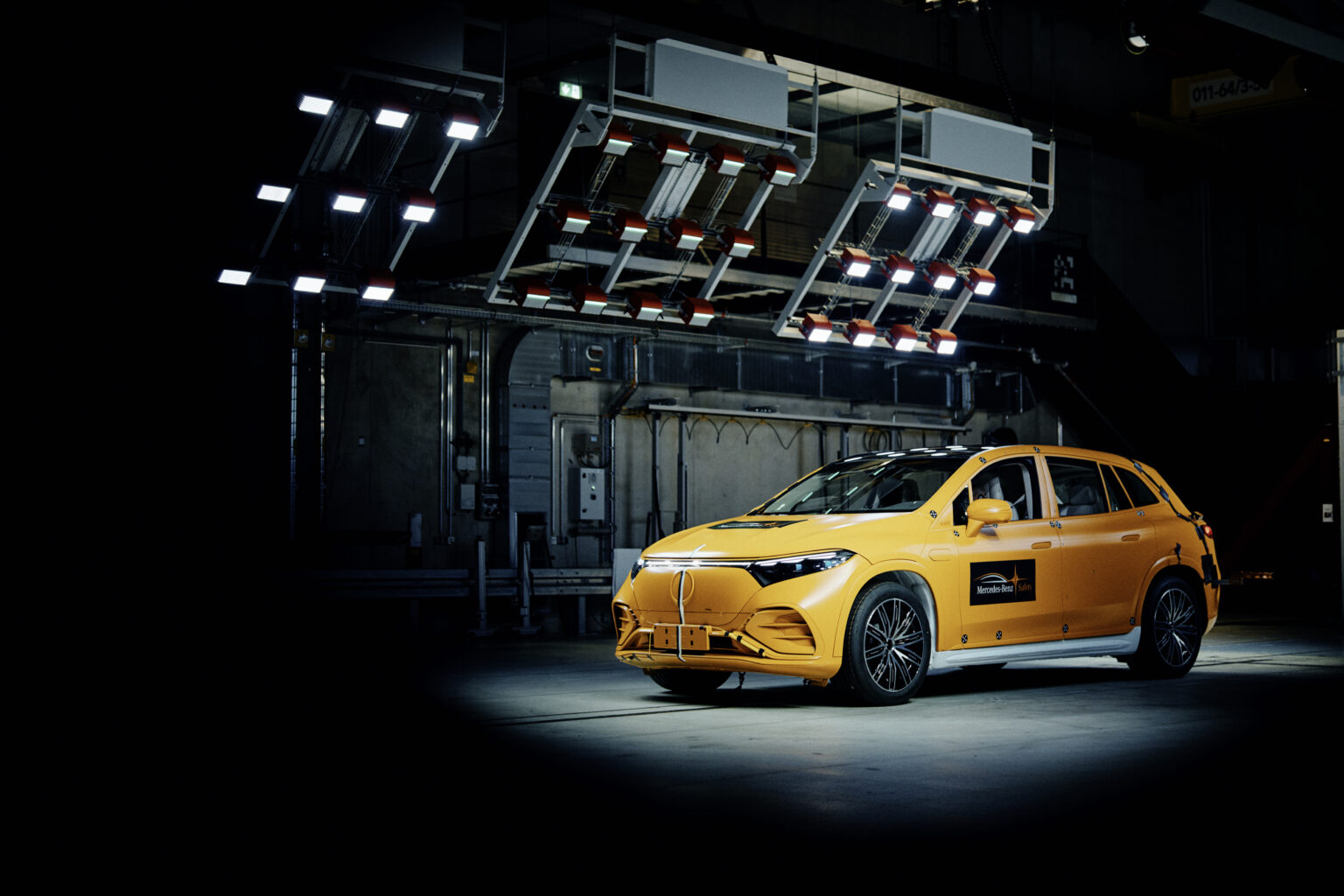
At the Group Technology Centre for Vehicle Safety in Sindelfingen, Germany, during a groundbreaking Mercedes crash test, the automaker decided to push boundaries beyond mere legalities. They subjected their EQS 450 SUV and EQA 300 to a head-on collision. The heavier SUV weighed in at 3.0 tonnes, while its smaller counterpart was 2.2 tonnes. Racing towards each other at 35 mph, they collided with a 50 percent frontal overlap – mimicking the kind of accident one might see on rural roads during overtaking mishaps.
Dressed in red shirts and white shoes, the four 49-kilogram, 1.5-meter-tall female dummies were outfitted with up to 150 sensors each. Post-collision data showed a low risk of serious to fatal injuries. Supporting these real-life findings were countless prior computer simulations. Significantly, the high-voltage systems of both vehicles automatically shut down and the batteries remained intact.
A highlight in the footage of the collision was the resilience of the EQA, which showed a more pronounced rebound upon colliding with the larger EQS SUV. The collision sent shards from the bumpers, hoods, and frontal crash structures flying, while airbags promptly deployed. However, the integrity of the passenger compartment was impressively maintained.
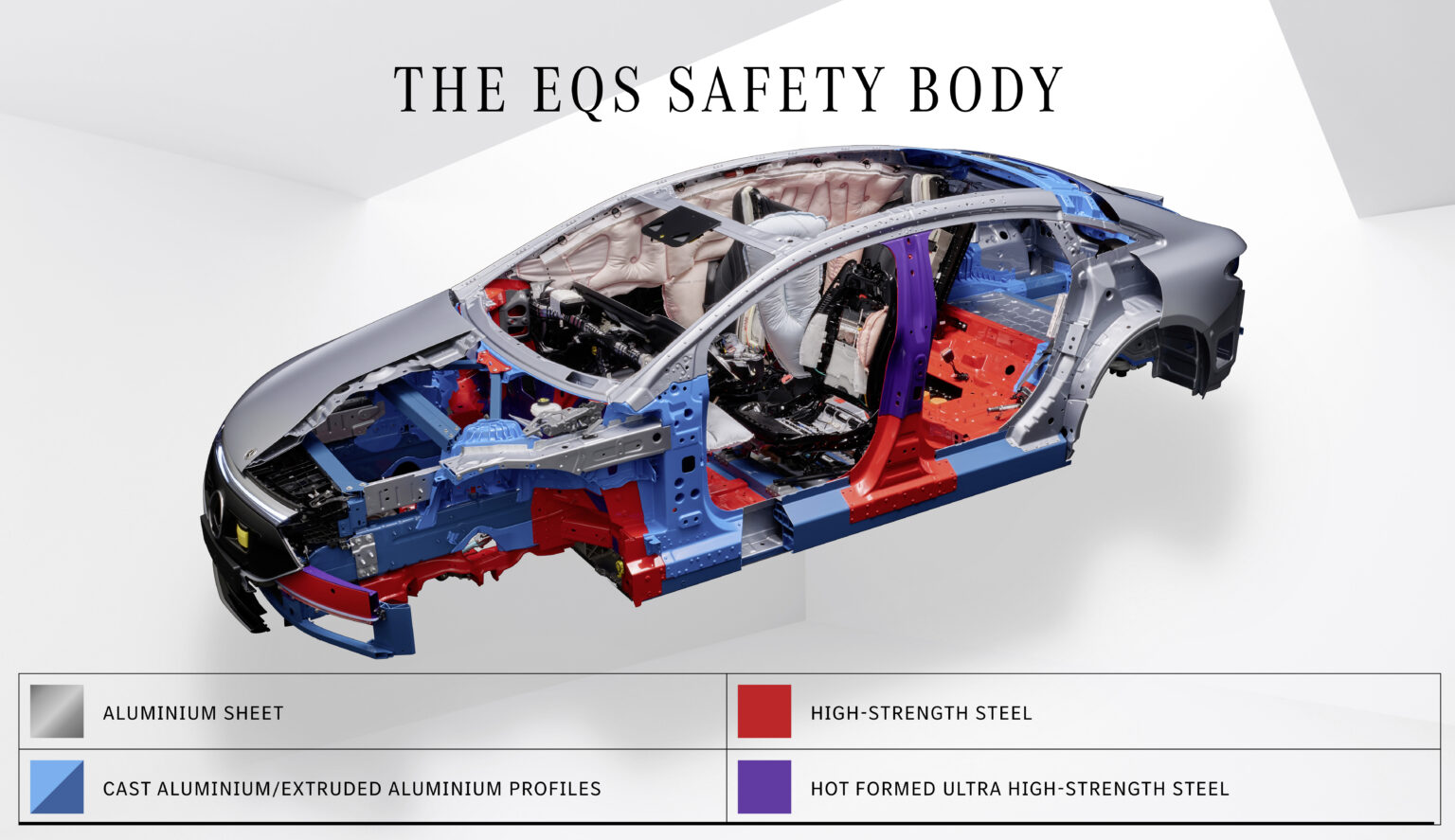
The purpose of vehicle crumple zones, which are usually damaged after collisions, is to absorb impact energy. This ensures most kinetic energy remains within these zones, preventing it from reaching the passenger compartment. Nevertheless, it's worth noting that collision outcomes can differ based on various factors.
Both the tested EVs proudly bear a five-star Euro NCAP safety rating. Although they await assessment by the NHTSA and IIHS, the recent Mercedes crash test is undeniable proof of Mercedes-Benz's proactive measures heralding a brighter future for EV safety. As we see a surge in the number of cars with heavy batteries and high-voltage systems on the roads, such initiatives become even more pivotal.
With such ambitions, it's clear that Mercedes-Benz is not just in the race for better EVs but is also committed to ensuring the safety of all road users in the electric era.
By the way, Mercedes-Benz EQB made it to top 3 in the The Best 7 Seater Electric SUVs of 2023 list.
Earlier, Mercedes-Benz has revealed a striking Concept CLA-Class, boasting a 466-mile range and featuring EQXX advancements.
